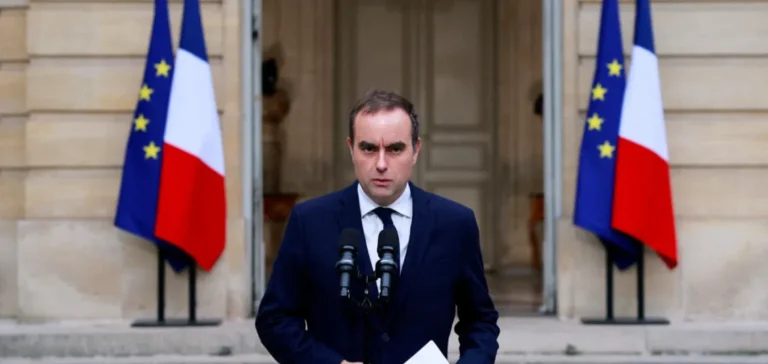The energy savings certificate (certificats d’économies d’énergie, CEE) scheme will receive a budget of more than €8bn ($8.47bn) in 2026, marking an increase of approximately 27% compared to the previous year. This announcement was made by Minister for Ecological Transition Monique Barbut before the Sustainable Development Committee. The mechanism, active since 2005, operates on a private financing model in which energy suppliers are required to support actions aimed at reducing energy consumption.
Suppliers obtain certificates after funding work such as replacing oil-fired boilers or renovating buildings. These certificates must be submitted every four years to meet targets set by the authorities. Companies may incorporate the associated costs into the price of energy or fuel, allowing the government to limit its direct budgetary exposure.
Funds redirected toward renovation and mobility
This budget increase includes the transfer of certain public subsidies into the CEE mechanism. The minister specified that several programmes, previously financed by the state budget, will now be supported through these private resources. This applies in particular to MaPrimeRénov’, a scheme for the thermal renovation of housing, as well as subsidies for electric vehicle purchases through the Ecological Bonus and Social Leasing.
Minister Delegate for Ecological Transition Mathieu Lefèvre stated that this is not a budget cut, but rather a partial reallocation of funding sources. The MaPrimeRénov’ scheme, in high demand among households, will have a total budget of €3.5bn ($3.71bn) in 2026. This amount will include €1.5bn ($1.59bn) in public funds, €1bn ($1.06bn) from CEE, and €700mn ($742mn) from carbon quotas.
Regulatory clarification expected on CEE phase 6
The decree defining the terms of the sixth CEE phase, covering the period 2026–2030, is still pending publication. The text is highly anticipated by industry operators seeking to plan their investments and commitments according to upcoming regulatory requirements.
According to official statements, the expansion of CEE funding aims to better target the most vulnerable populations, although the mechanism retains its market-based logic and focus on energy performance. The increased scope of CEE is an important lever for financing national energy reduction targets without burdening public finances.






















